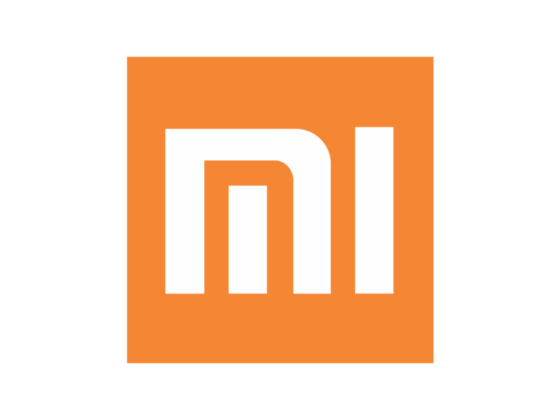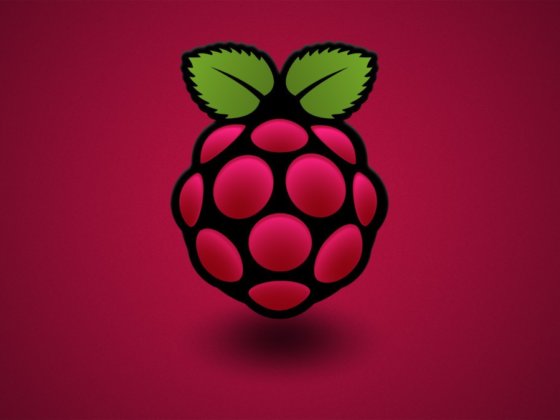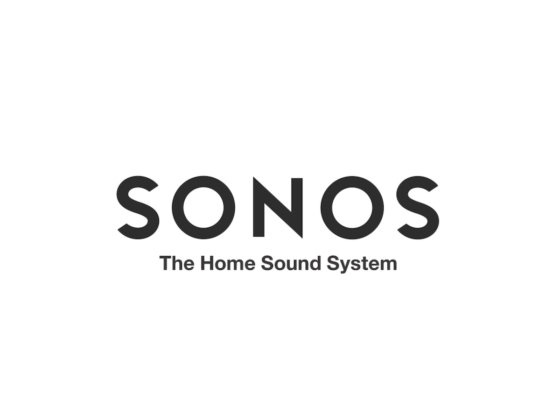Most of all, this company is known for its “flash drives” and memory cards. In fact, the range of products produced is very large, but it really has something to do with memory in one way or another. Products Kingston used in a variety of devices - from MP3 players to personal computers.
Birth Kingston in October 1987 coincided with a period when the personal computer market was experiencing a severe shortage of memory modules. In those years, it reigned supreme Apple, for which memory manufacturers mainly worked. Memory modules were literally swept off the shelves. However, to break into the lead Kingston not only helped.
The company was founded by Taiwanese immigrants John Tu (John Tu) and David Sun (David Sun). It was named after the musical group Kingston Trio, which Sun loved to listen to. Almost from the very first days of its existence Kingston He became famous for introducing his own development to the market - SIMM (Single In-line Memory Module) memory modules. The main advantage of the development was that it did not require computer manufacturers to make any major changes to the products. For almost a decade, SIMM (we often called these modules "Simka") became the industry standard until the DIMM ("Dimka").
Rapid development Kingston allowed already in 1992 to get into the list of the fastest growing companies in the United States, and in 1995 to earn its first billion. By the way, later John Tu claimed that they were just very lucky to be at the right time and in the right place.
 |
| Kingston SSDNow V+180 SSD |
The somewhat eerie looking red head in the logo came from a desire to create something catchy and memorable. The original project was a human head without the top of the skull, with memory chips flying out of the resulting hole. However, we decided that this was still too much and the drawing was somewhat simplified (the microcircuits were removed). Well, we really managed to achieve good memorability!
Kingston also became famous for the fact that it was this manufacturer that introduced mandatory testing of memory modules directly at the factory, which reduced the likelihood of defective components on sale to a minimum. Also, in 1996, the company, together with Toshiba developed memory modules exclusively for computers Toshiba. In the future, other manufacturers began to apply this practice, although it was not widely used.
In 2010 income Kingston have already exceeded 6.5 billion dollars. Today the company is included in the Forbes 500 list.
Headquarters Kingston located in Fountain Valley, California (Fountain Valley, California, USA). Representative offices are scattered around the world, while manufacturing facilities are located in the USA, China and some Western European countries. At Kingston There are several subsidiaries such as Advanced Validation Labs, Inc. (memory certification) and StorCase® Technology, Inc. (data storage systems).










